Core Labs >>
Transformative Thinking Begins Here
11 Core Labs Advancing Musculoskeletal Research
The 11 core laboratories of the Orland Bethel Family Musculoskeletal Research Center (BMRC) are housed in both the Department of Orthopaedics and the Department of Physical Medicine & Rehabilitation at the University of Pittsburgh School of Medicine.
Biodynamics Lab
Director: Willam Anderst
Research Engineer: Clarissa LeVasseur Lees
About the Biodynamics Lab
The Biodynamics Lab focuses on understanding and quantifying the complex movements of both the shoulder and spine to explore the relationships between dynamic joint function and joint disease, injury, age and treatment to improve diagnosis and care of orthopedic conditions. They engage computer models with the joint motion to understand how injury and surgery can affect loads on cartilage, ligaments and intervertebral discs, and how those changes in load may be related to the development of osteoarthritis and intervertebral disc degeneration.
Ferguson Laboratory for Orthopaedic and Spine Research
Co-Directors: Nam Vo, Gwendolyn Sowa
Clinical Director: Joon Y. Lee
Ferguson Lab Website >
About the Ferguson Lab
The Ferguson Laboratory for Orthopaedic and Spine Research, under the direction of Joon Y. Lee, Gwendolyn Sowa and Nam Vo, continues to expand the boundaries of basic science and clinical spine research. The primary focus of the laboratory is to understand the biology behind intervertebral disc degeneration (IDD) and develop biological, biomechanical and cell-based therapies for IDD. IDD is a complex process that involves several possible etiologies. These include aging, injury due to excessive mechanical strain, genetic predisposition or environmental insults such as tobacco smoking.
Foot and Ankle Injury Research [FAIR] Group
Co-Directors: MaCalus Hogan, Jarrett Cain
About the FAIR Group
The Foot and Ankle Injury Research Group (FAIR) is a multidisciplinary team focused on the study of foot and ankle injuries, spanning the basic science and translational research domains, with extensive experience across sports-related and degenerative conditions. Hogan, founding director of FAIR, is a former National Institutes of Health (NIH)-T32 research fellow with experience in musculoskeletal regenerative engineering, clinical outcomes and performance assessment. Cain’s research interests cross the spectrum of foot and ankle disorders, with expertise in wound care and diabetic bone healing.
Joint Tissue Biology and Engineering Laboratory (JTBE)
Director: Hang Lin
JTBE Website >
About the JTBE
Lin leads the Joint Tissue Biology and Engineering Laboratory (JTBE), which includes postdoc associates, PhD students, medical school students, visiting scholars, research staff and undergraduate students. Lin and his team are focusing on osteoarthritis (OA) translational research, which includes the establishment of an in vitro microphysiological OA model for OA pathogenesis study and drug development; the investigation of the association between aging and OA and the application of stem cell-based therapy for the regeneration of cartilage injury.
Joint Tissue Development and Engineering Lab
Director: Peter Alexander
About the Joint Tissue Development and Engineering Lab
Alexander and his team are developing translational technologies to combat degenerative diseases of the spine, including microphysiological bioreactor systems to study the role of aging and injury degenerative disc and disease and animal models to understand the pathogenesis of ligamentum flavum hypertrophy and test novel small-molecule therapeutics and genetic reporter systems to monitor skeletal tissue health and disease noninvasively.
MechanoBiology Laboratory (MBL)
Director: James H-C. Wang
About the MBL
The MechanoBiology Laboratory (MBL) focuses on understanding the cellular and molecular underpinnings of tendinopathy and aims to translate these preclinical insights into new preventive and therapeutic approaches. The lab is examining the potential of a metformin-infused lotion as a topical solution for preventing and treating tendinopathy. Its research also delves into the synergy between pharmaceutical treatments and exercise in restoring tendon integrity and function. It is conducting a human clinical trial to assess the benefits of oral metformin in alleviating pain in chronic tendinopathy patients.
Musculoskeletal Regenerative Rehabilitation Laboratory (MRRL)
Director: Allison Bean
About the MRRL
Bean’s translational basic science research combines novel biological therapies with rehabilitation strategies to enhance musculoskeletal tissue repair. She is particularly interested in understanding how biological characteristics, such as age and sex, influence disease development and the efficacy of treatment. Bean’s most recent work has focused on identifying sex- and age-dependent mechanisms of cartilage degeneration as well as the potential of neuromuscular electrical stimulation to rejuvenate extracellular vesicles to promote skeletal muscle healing in aged mice.
Musculoskeletal Oncology Laboratory (MOL)
Director: Kurt Weiss
MOL Website >
About the MOL
The Musculoskeletal Oncology Laboratory (MOL) is focused on sarcoma metastatic potential. Weiss’s team performs basic and translational sarcoma research experiments, much of it with samples from the University of Pittsburgh’s Musculoskeletal Oncology Tumor Registry and Tissue Bank (MOTOR), which Weiss and his clinical partners established in 2012. The MOTOR now holds over 12,000 unique samples from over 450 sarcoma patients with clinical annotation, making it one of the largest sarcoma tissue repositories in the country.
Pittsburgh Orthopaedic Spine Research (POSR) Group
Director: Joon Y. Lee
About the PORS Group
The Pittsburgh Orthopaedic Spine Research (POSR) is a multicenter study group that includes medical students, research fellows, clinical fellows and research staff. Spitnale and his team focus on clinical spine surgery and outcomes. POSR’s publications have won national and international society awards.
The Pittsburgh Shoulder Institute
Co-Directors: Albert Lin, Mark Rodosky
About The Pittsburgh Shoulder Institute
The Pittsburgh Shoulder Institute (PSI) was established in 2020 as an institutional extension of the UPMC Shoulder Service. The mission of the PSI is to promote excellence in shoulder research, education, clinical care and diversity at UPMC. Lin, Rodosky and the PSI team focus on clinical and basic science research on shoulder instability, rotator cuff pathology, shoulder arthroplasty and complex shoulder conditions. The PSI has held five federally funded grants totaling over $5 million.
Surgery of the Upper Extremity Research (SUPER) Group
Director: John Fowler
About the SUPER Group
Fowler’s main research interest has been the use of musculoskeletal ultrasound for the diagnosis of peripheral nerve compression. Fowler has been a site director for two National Institutes of Health (NIH)-funded clinical trials, one randomizing patients with distal radius fractures to different surgical treatment options and another randomizing patients with cubital tunnel syndrome to different surgical treatment options. He is coprincipal investigator on an NIH R21 with William Anderst, studying kinematics in patients who have undergone thumb carpometacarpal (CMC) arthroplasty.

